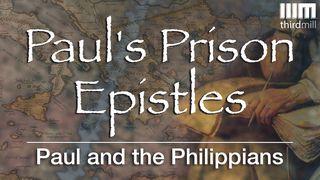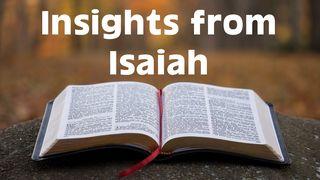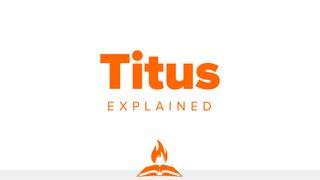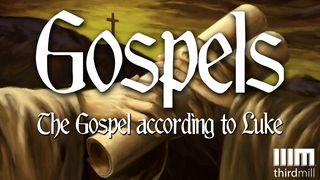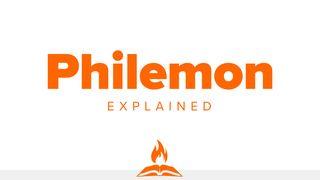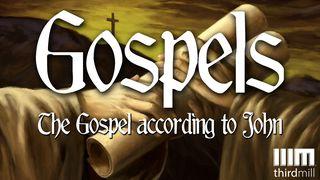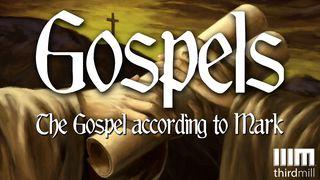The Book of HebrewsSample
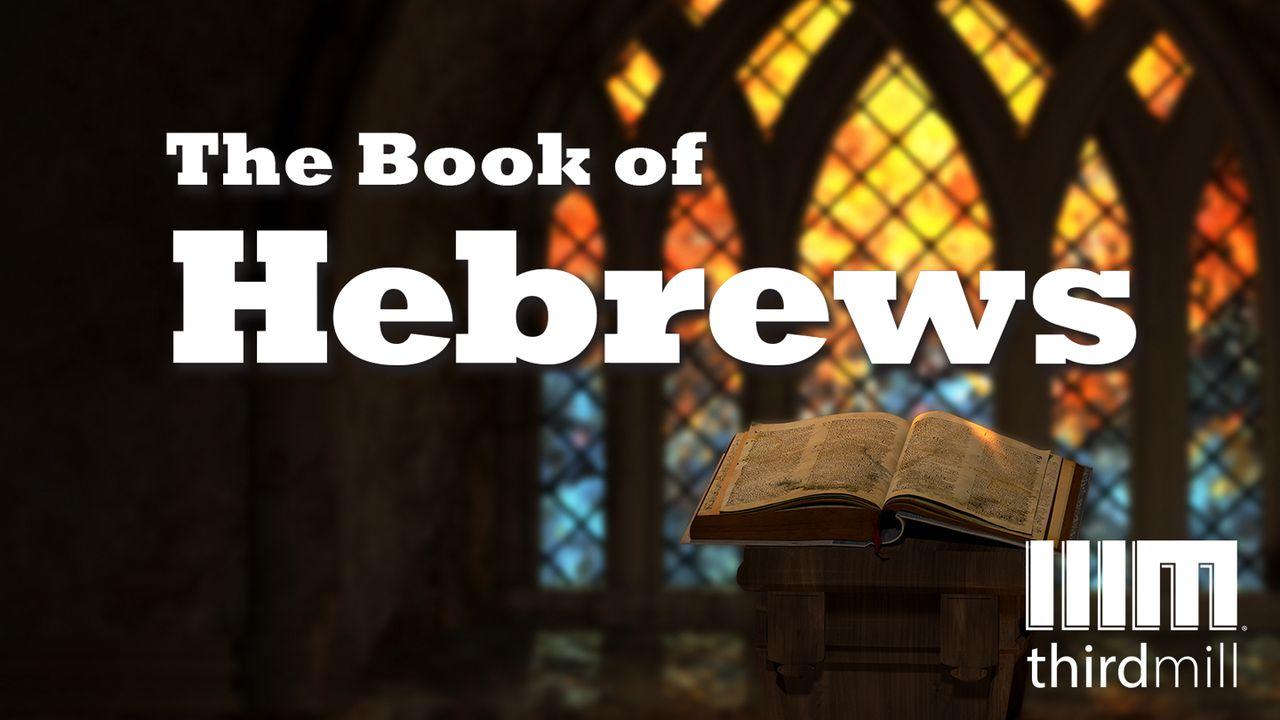
Jesus’ Royal Priesthood: Hebrews 9:1-28
In Hebrews 9:1-28, the author elaborated on the fact that Jesus’ heavenly royal priesthood is superior to the Levitical priesthood. He began this section by mentioning the arrangement of Moses’ earthly tabernacle, revealing features that resembled God’s heavenly sanctuary. Additionally, he described priestly activities commanded in Leviticus 16:34 regarding the annual Day of Atonement. This demonstrated that the sacrifices of the earthly tabernacle could not fully resolve the problem of sin but had to be repeated every year. These sacrifices were ordained until history reached its culmination in the last days — what he called, in Hebrews 9:10, “the time of the new order.” Then, in Hebrews 9:11 he added:
Christ came as high priest of the good things that are already here.
This statement emphasized that those who have faith in Christ have been freed from sin through his perfect priestly atonement and now have open access to the throne of grace in heaven.
One of the contrasts that the author of the letter to the Hebrews makes about Jesus' sacrifice for sin and sacrificial system in the Old Testament is that in the sacrificial system of the Old Testament the priest’s work was never fully done. The priest had to keep offering again and again sacrifices for sin. And the point that the author makes is, that work does not fully complete what is needed to deal with sin, but Jesus' work fully completes it. In fact, Jesus is the Great High Priest who, once he has sacrificed himself for sin, sits down at God's right hand, whereas the priests of old remained standing on their feet because there was work to be done yet. But Jesus sits down, and the author to the Hebrews interprets that as saying his work is complete, sin is fully dealt with, it’s done. – Dr. Constantine Campbell
The author also explained why Jesus’ sacrifice was necessary. He used the example of a will. Ordinary wills are initiated by someone’s death. Moses’ covenant was initiated with death and blood. So, the author reasoned that the new covenant also had to be initiated with death and blood — with Christ’s blood in the inner sanctuary of God’s heavenly palace. But in this case, the inheritance of the “will” is forgiveness. Therefore, no forgiveness could be given until the people were cleansed by the blood of Jesus’ sacrifice. In Hebrews 9:26 the author put it this way:
Now he has appeared once for all at the end of the ages to do away with sin by the sacrifice of himself.
Jesus did away with sin once for all because his blood is not sprinkled in a man-made sanctuary. He entered heaven by the sacrifice of himself. Just as God promised in Jeremiah 31:34:
I will forgive their wickedness and will remember their sins no more.
Jesus died as a ransom to set his people free from judgment. The author ends this portion by stating that Christ will return, but not to bear sin again. When he returns, Jesus will bring the fullness of salvation to those who wait for him.
Scripture
About this Plan

Hebrews is one of the most challenging books in the New Testament. In this book we discover that the original audience was facing persecution and that they were tempted to turn away from Christ. That’s why the author of Hebrews placed their emphasis on standing strong in the faith. In this reading plan, we’ll see how crucial it is that we stand strong in our faith, no matter what opposition we may face.
More
We would like to thank Third Millennium Ministries for providing this plan. For more information, please visit:
http://thirdmill.org
